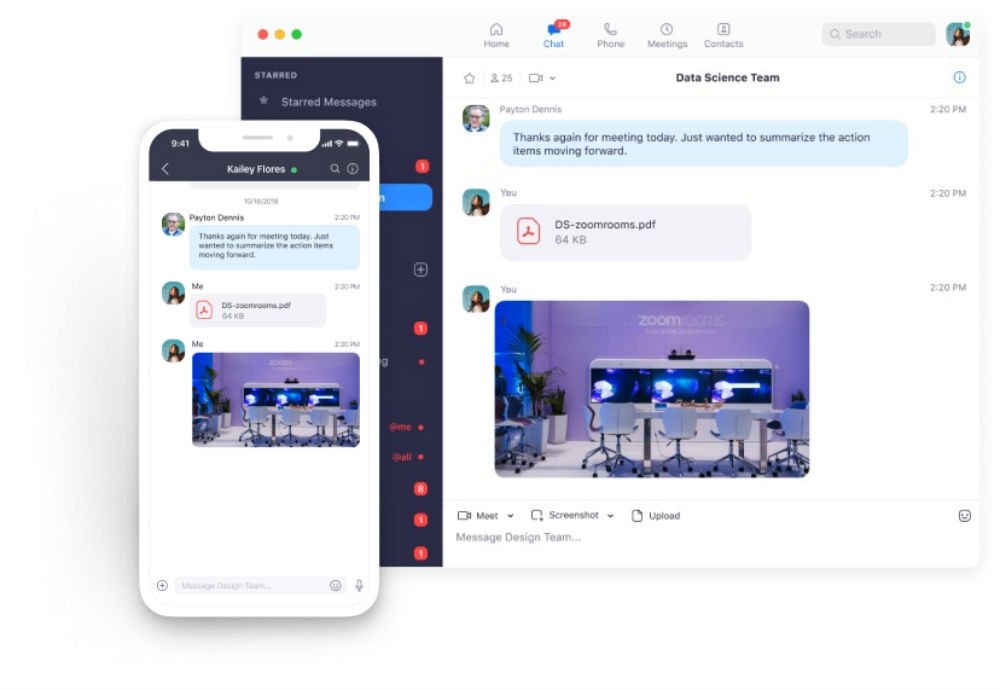Coronavirus Becomes Boon For Video Conferencing Apps
App Annie, the mobile data and analytics platform said that the apps like Houseparty, Zoom, Hangouts and Microsoft Team have witnessed increased demand due to the coronavirus impact. Several governments across the world have imposed social distancing measures and lockdowns which has resulted in people turning to video conferencing apps for work and for personal use. The firm said that the business apps topped 62 million downloads worldwide across Android and iOS devices between March 14 to March 21 which was 45 percent up from the week prior. App Annie said that the surge in business apps was the highest among any category across the app stores for that week while the segment was up 90 percent from weekly average of business app downloads in 2019. “Record-levels of consumers demand work connectivity and accessibility from their mobile as the COVID-19 pandemic intensifies in Europe and the US,” App Annie said in its report. App Annie noted that Microsoft has been offering free six month subscription to Microsoft Teams while Google has opened up its paid premium features of Hangouts Meet for free. Zoom Cloud Meetings, however, topped the download charts in both February and March with the app witnessing a surge in downloads through US, UK and Europe. The firm said that the between March 15 to March 21, Zoom Cloud Meetings was downloaded 14 times more than its weekly average during the Q4 of 2019. Similar data was said to be found in the UK where Zoom Cloud Meetings was downloaded 20 times more, 22 times more in France and 55 times more in Italy. “As more employees work from home globally, we are seeing strong demand for tools that enable people to feel connected and foster collaboration,” App Annie said. The firm said that as people face uncertain times due to social isolation, the video conferencing apps “have the potential to vastly influence our daily habits.”
Zoom Raises Privacy Concerns
A new research report from The Intercept published on Tuesday has revealed that Zoom app doesn’t support end-to-end encryption even as Zoom states on its website that it supports such a protocol. The Intercept had reached out to Zoom on whether the meetings that happen on Zoom are end-to-end encrypted and its spokesperson said that “Currently, it is not possible to enable E2E encryption for Zoom video meetings.” The end-to-end encryption ensures that conversations are protected with no access to anyone including that of a company and is found on platforms like WhatsApp and Signal. Another security issue that arose on the Zoom app on iOS was that it was leaking information to Facebook such as a user’s time zone and city and details about user’s device. The leak was based on a report from Motherboard who found that Zoom iOS app leaked info to Facebook even if the user didn’t have a Facebook account. The publication reported that Zoom had fixed its code on iOS that sent user data to Facebook. In a blog post, Zoom CEO Eric S. Yuvan apologised for the concern and said that his company remains committed to protection of user’s privacy. “We are reviewing our process and protocols for implementing these features in the future to ensure this does not happen again,” Yuvan said in the blog post.
